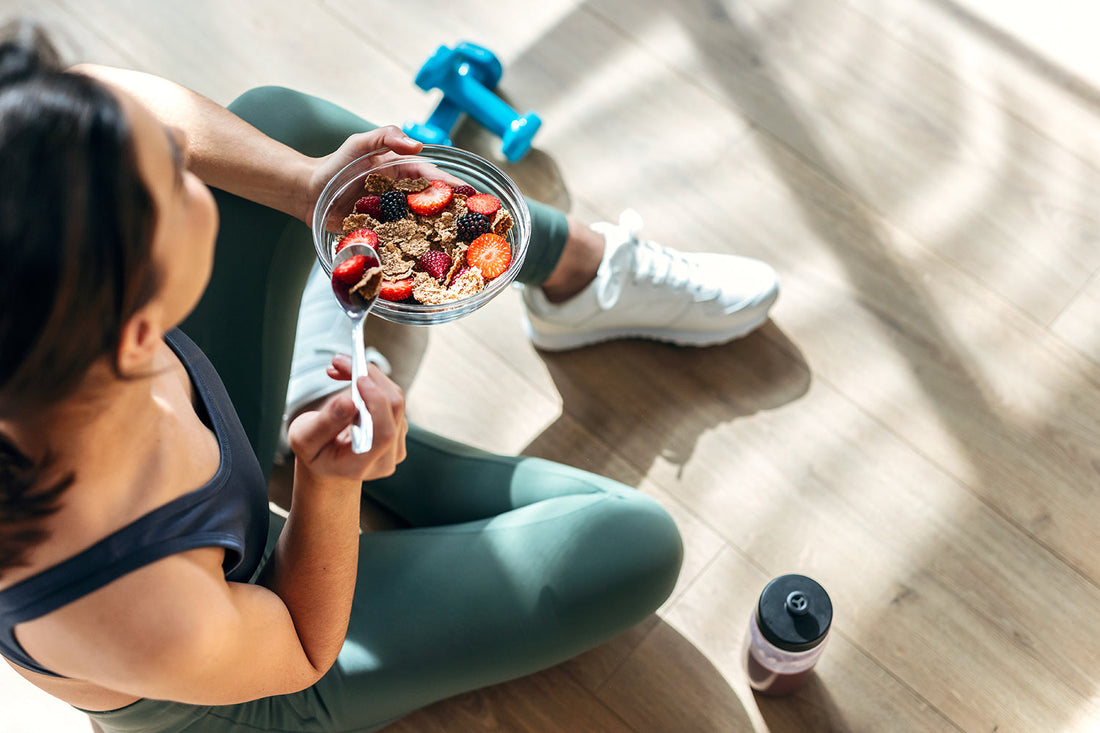In the world of fitness and nutrition, rest days often spark debates about dietary habits. Many people wonder if they should adjust their calorie intake on days when they're not exercising. The answer isn't as straightforward as you might think, and it largely depends on your goals, activity level, and overall health. Let's dive into the nuances of eating on rest days and understanding your caloric needs.
Understanding Rest Days
Rest days are crucial for recovery. Whether you're lifting weights, running marathons, or practicing yoga, your muscles need time to repair and grow. Adequate rest helps prevent overtraining, reduce injury risk, and improve performance. However, this doesn't mean that your nutrition should go on autopilot on these days.
Understanding Your Caloric Needs and Rest Days
Daily Caloric Expenditure
On rest days, your overall calorie expenditure might be lower compared to days when you're active. This is because you’re not burning as many calories through exercise. However, this doesn’t necessarily mean you need to drastically reduce your intake.
Total Daily Energy Expenditure (TDEE)
Your TDEE is the number of calories you burn in a day, which includes your basal metabolic rate (BMR) and the calories burned through physical activity. On rest days, while your activity level decreases, your BMR remains relatively stable. This means that even though you're not exercising, your body still requires energy to maintain basic functions like breathing, digestion, and cellular processes.
Adjusting Caloric Intake
If you're trying to lose weight, it might make sense to slightly reduce your calorie intake on rest days. However, drastic cuts aren't necessary. A small reduction, such as 5-10%, can help maintain a calorie deficit without compromising recovery. On the other hand, if your goal is to build muscle or maintain weight, sticking close to your TDEE can support optimal recovery and growth.
Quality of Calories
The quality of the calories you consume is as important as the quantity. Focus on nutrient-dense foods that support recovery, such as lean proteins, healthy fats, and complex carbohydrates. Proper hydration and adequate intake of vitamins and minerals are also vital for muscle repair and overall health.
The Role of Macronutrients
- Protein
Protein is crucial for muscle repair and growth. On rest days, maintaining a steady protein intake helps ensure that your body has the necessary building blocks for recovery. Aim to consume a moderate amount of protein throughout the day, even when you're not working out.
- Carbohydrates
Carbohydrates are your body's primary energy source. While you might not need as many carbs on rest days compared to workout days, reducing them too much can impact your energy levels and recovery. Opt for complex carbs like whole grains, fruits, and vegetables to maintain steady energy.
- Fats
Healthy fats are essential for hormone production and overall health. Incorporate sources like avocados, nuts, seeds, and olive oil into your diet to support recovery and maintain overall wellness.
The Importance of Hydration and Recovery
Proper Hydration and Recovery is essential every day, not just on exercise days. Make sure to drink enough water to support your body’s recovery processes. Rest days are an opportunity for your body to recover from workouts. Proper nutrition aids in this recovery process, so ensure you’re eating balanced meals that support overall health and well-being.
Ultimately, your body is a great guide. Pay attention to how you feel and adjust your intake based on your individual needs. If you find that you're feeling sluggish or not recovering well, consider revisiting your calorie and nutrient intake. Likewise, if you're not seeing the results you want, tweaking your diet on rest days might be necessary.
Eating on rest days doesn’t mean you should drastically cut calories or follow a rigid diet. Instead, aim for a balanced approach that aligns with your fitness goals and overall well-being. By focusing on nutrient-dense foods and listening to your body’s signals, you can ensure that you’re fueling recovery while still making progress toward your goals.
Remember, nutrition is a personal journey, and what works for one person may not work for another. Stay flexible, be patient, and adjust as needed to find what best supports your health and fitness.
